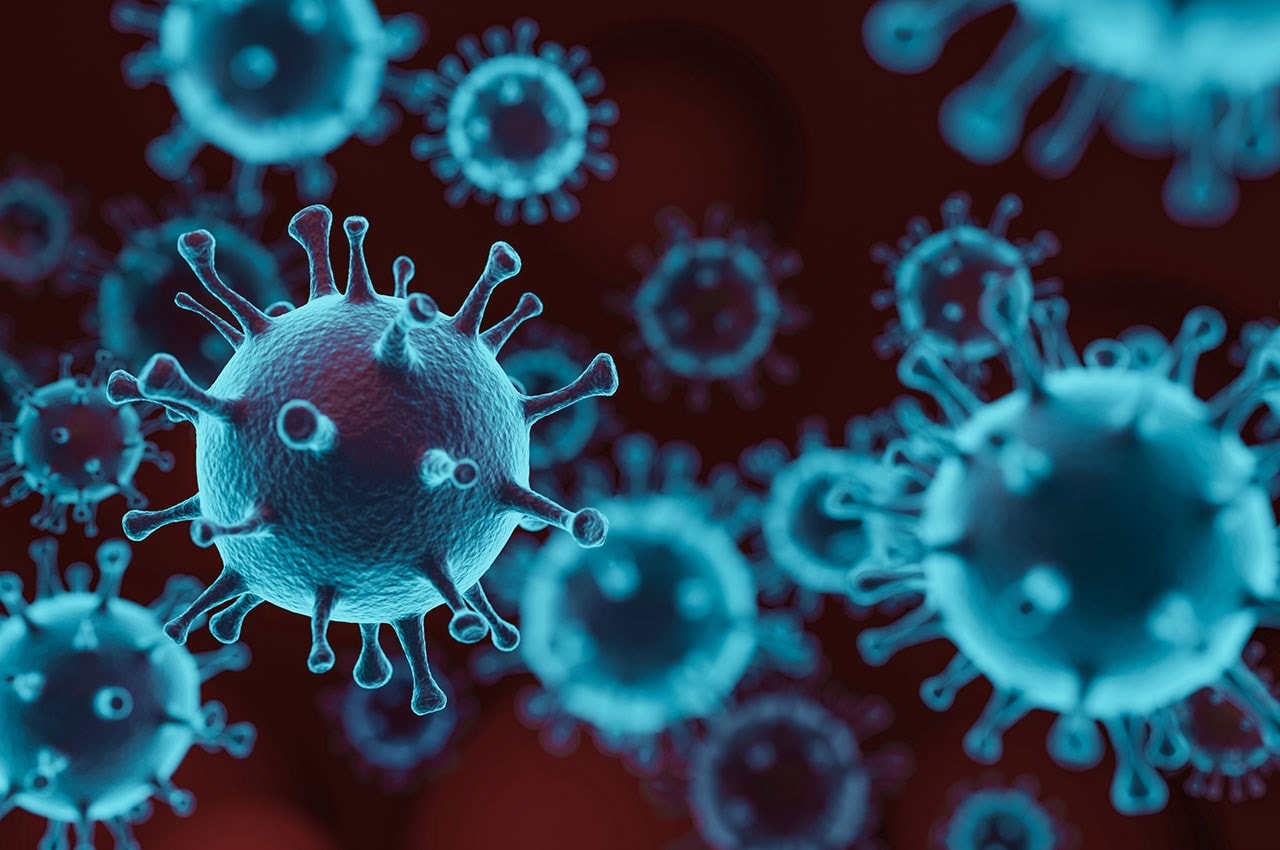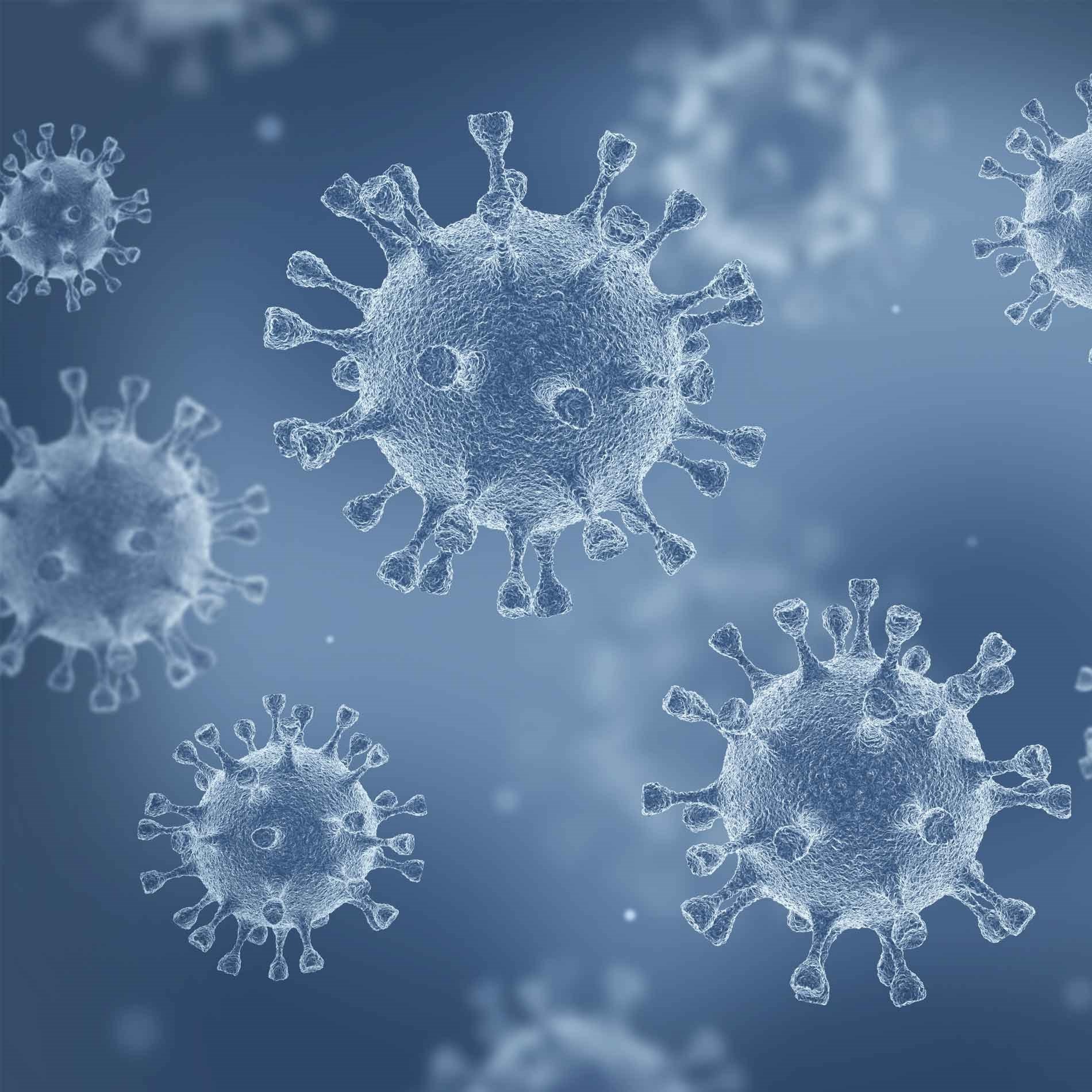Research: Probiotics in COVID-19 Vaccine?
Given the current coronavirus pandemic affecting the global population and threatening lives around the world, there is a desperate need to develop an effective vaccine as soon as possible. There are tens of vaccines in the process of being developed with a variety of different therapeutic targets. Recent biomedical research carried out by a team of scientists at the Department of Microbiology, Immunology and Pathology in Colorado State University, has identified a new vaccine to target COVID-19 virus, using genetically modified Lactobacillus acidophilus1.
Lactobacillus acidophilus is a species of bacteria that lives in the human intestinal tract and plays an important role in human health. Specific strains of L. acidophilus are known for their probiotic effects in the gut, enhancing digestion, immunity, skin health and energy. It is often present in probiotic foods such as yoghurt or as a supplement in capsule or powder form. L. acidophilus has been increasingly recognised for its potential as a vaccine vector. Of note, the strain Lactobacillus acidophilus NCFM® has been identified as particularly useful for this purpose, given its ability to modulate immune cell function including dendritic cells and T cells 2. However, the strain of L. acidophilus used in this vaccine was not identified and has been genetically modified for its specific purpose.

The term coronavirus encompasses a group of seven different virus strains, including the strain SARS-CoV-2 which is currently implicated in the coronavirus pandemic. COVID-19 or Coronavirus Disease 2019 is the infection caused by SARS-CoV-2 virus strain3. L. acidophilus is known to colonise mucous membranes and has immunomodulatory properties. SARS-CoV-2 enters and infects the human body through breaks in the mucous membranes, most prominently in the respiratory tract. SARS-CoV-2 has specific proteins on its surface called “spike proteins”. Each type of coronavirus has differently shaped spike proteins which bind to corresponding receptors on human host cells, specifically cells of the mucous membrane. Following attachment of the virus to the human cell, the membranes of the virus and the human cell merge and genetic material from the virus can translocate into the host cell, infecting the human.
Mucosal Lactobacilli vaccine vectors can have an oral or intra-nasal administration route. Administering a vaccine in this manner is particularly relevant for controlling pathogens that invade through the mucosa. The Lactobacilli vector comes into close contact with the intranasal or intestinal mucosa and can induce a strong mucosal immune response, stimulating antibody production and T lymphocyte activation which can inhibit the infectious organism4. The genetically modified Lactobacillus acidophilus created by the research team at Colorado State University, stimulates a mucosal immune response against the spike protein of the virus, preventing attachment and ultimately, inhibiting invasion of the virus into the human cell.
Although theoretically promising, this genetically modified bacteria requires extensive clinical testing before it can be proven to be efficacious as a vaccine against SARS-CoV-2. Only 33.4% of vaccinations pass clinical testing due to a high failure rate at each phase of rigorous clinical trials 5.Historically, vaccinations have taken approximately 15 years from initial development of an idea to licensure for use and mass distribution6. Due to exploratory research completed in previous epidemics, it has been possible to expedite testing for a SARS-CoV-2 vaccine. According to infectious disease specialists, it is expected that there will be a suitable vaccine available for public dissemination in the next 18 months – at the earliest7.
To learn more about this species of bacteria and how it plays a role in our health, visit Learning Lab to read What is acidophilus?
UPDATE: We have recently written about the link between probiotics and COVID-19 in the article Could probiotics help against COVID-19?
References
- Coronavirus ‘spike’ protein just mapped, leading way to vaccine | Live Science. https://www.livescience.com/coronavirus-spike-protein-structure.html. Accessed April 14, 2020.
- Konstantinov SR, Smidt H, De Vos WM, et al. S layer protein A of Lactobacillus acidophilus NCFM regulates immature dendritic cell and T cell functions. Proc Natl Acad Sci U S A. 2008;105(49):19474-19479. doi:10.1073/pnas.0810305105
- Naming the coronavirus disease (COVID-19) and the virus that causes it. https://www.who.int/emergencies/diseases/novel-coronavirus-2019/technical-guidance/naming-the-coronavirus-disease-(covid-2019)-and-the-virus-that-causes-it. Accessed April 14, 2020.
- Yu Q, Zhu L, Kang H, Yang Q. Mucosal Lactobacillus vectored vaccines. Hum Vaccines Immunother. 2013;9(4):805-807. doi:10.4161/hv.23302
- Wong CH, Siah KW, Lo AW. Estimation of clinical trial success rates and related parameters. Biostatistics. 2019;20(2):273-286. doi:10.1093/biostatistics/kxx069
- Bregu M, Draper SJ, Hill AVS, Greenwood BM. Accelerating vaccine development and deployment: Report of a Royal Society satellite meeting. Philos Trans R Soc B Biol Sci. 2011;366(1579):2841-2849. doi:10.1098/rstb.2011.0100
- When will a COVID-19 vaccine be ready? | Live Science. https://www.livescience.com/coronavirus-covid-19-vaccine-timeline.html. Accessed April 21, 2020.
Popular Articles
View all General Health articles-
General Health13 Feb 2024


